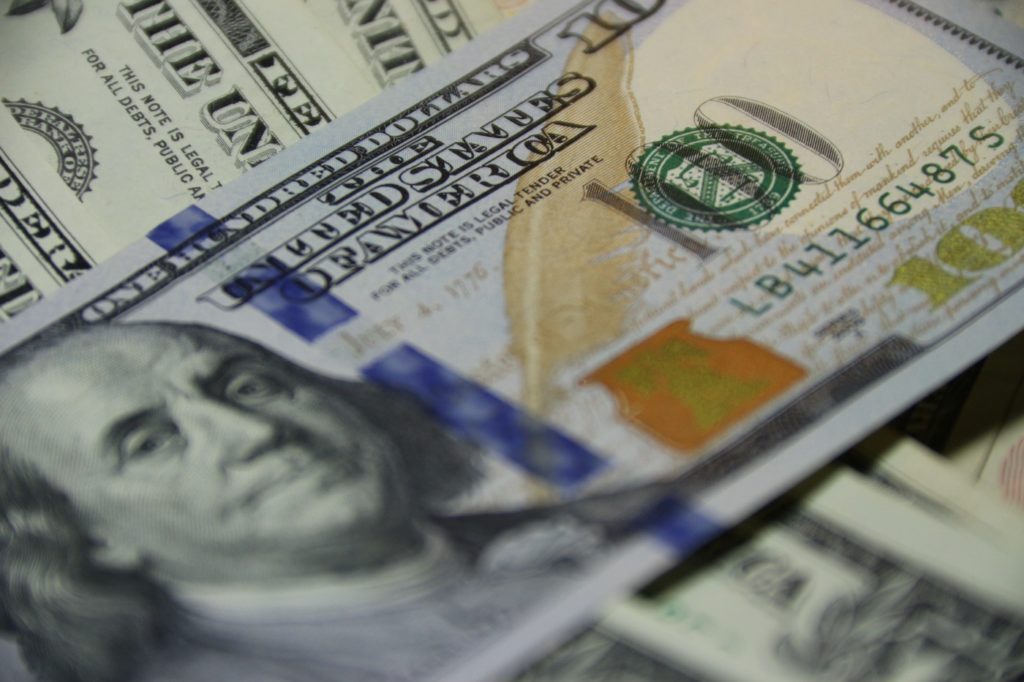The economist Tyler Cowen is someone whom I always read with interest. Like others, I found one of Cowen’s more recent essays, “What Libertarianism Has Become and Will Become—State Capacity Libertarianism,” thought-provoking. His basic argument was that many contemporary libertarians have—“as if guided by an invisible hand,” as Cowen puts it—embraced what Cowen calls “State Capacity Libertarianism.” He then listed eleven propositions that define this position.
The most foundational is an insistence on the market’s unrivalled ability to grow wealth and diminish poverty. The next ten propositions, however, focus squarely on the government. They range from the need for a strong state to protect markets from domestic cronies and aggression from authoritarian-mercantilist regimes like China; to the government’s promoting not just infrastructure but also activities such as “science subsidies, nuclear power, . . . and space programs”; to the government’s pursuing even wider agendas like fighting climate change.
Putting basic infrastructure aside, most free-marketers would question, I suspect, the wisdom of governments’ pursing these and similar projects. But Cowen’s suggestions remind us that those who favor free markets—whether they call themselves libertarians, classical liberals, or conservatives—spend more time thinking about the state’s economic responsibilities than most people realize. In my experience, students are surprised to discover that Book Five of Adam Smith’s Wealth of Nations identifies a range of functions for government (national security, the administration of justice, the provision of public works, supplementary support for education, etc.) that would cause most people to hesitate before describing Smith as radically laissez-faire.
Yet Smith was equally attentive to the perennial problem of individuals’ and groups’ seeking to use the state in order to rig the economy to secure privileges for themselves. That dynamic was central to the workings of the “mercantile system,” of which Smith was devastatingly critical. Similar concerns were expressed by the economist David R. Henderson in his response to Cowen’s article.
Start your day with Public Discourse
Sign up and get our daily essays sent straight to your inbox.Henderson is not only skeptical of our present ability to restrain a state with large capacities for action from seriously undermining freedom; he also maintains that such political arrangements will only fuel “the reliably perverse incentives of politicians, voters, and bureaucrats” to not “worry about costs” and “in some cases to give resources to people they favor.”
Henderson’s point is important. If we want to understand, for example, how a once relatively prosperous society like Argentina turned itself into a global synonym for “economic basket-case,” it owes much to this behavior. That includes much of the population’s consistently voting for politicians who promise to use the government to give them whatever they want, whatever the long-term economic cost. This process is invariably accompanied by populist demagoguery, flippant attitudes towards constitutionalism and rule of law, the demonization of those whose assets are to be redistributed, and the bad habit of blaming everyone else (the middle class, foreigners, America, the IMF, etc.) when things start going seriously wrong.
Law’s Limits
Many market liberals have thought long and hard about these challenges. As a solution, some have focused on identifying constitutional and legal principles that clearly define and limit the state’s economic responsibilities.
Throughout the 1930s and 1940s, German ordo-liberal economists, such as Walter Eucken and Franz Böhm, developed a series of legal rules that would render the state: 1) strong enough to protect key prerequisites of a functioning market—like monetary stability, free competition, and rule of law—from cronies and special interests; but also 2) limited enough so that it couldn’t exceed these responsibilities. The implementation of some of these ideas in postwar West Germany helps explain its remarkable economic progress from the late 1940s until the early 1970s.
While such measures are important, they have also proven inadequate. An ostensibly independent central bank like the European Central Bank, for instance, has not been able to resist pressure from legislators to exceed its constitutionally limited focus—upon monetary stability—in order to try and stimulate stagnating European economies.
More generally, it’s no secret that even well-intentioned legislators find it hard, in the conditions of mass democracy, not to make fiscally irresponsible promises that can only be kept by pursuing fiscally irresponsible policies—for which a high price is eventually paid. There appear to be real limits to the ability of legal and constitutional devices to restrain such behavior in democracies.
Phenomena like cronyism are unlikely to be completely purged from economic and political life. That said, some economists have recognized that other factors, particular those of a cultural nature, have a role to play in combatting such problems.
In this regard, another German market liberal, the economist and social philosopher Wilhelm Röpke (1899–1966), has much to offer us. Like Eucken and Bohm, he focused upon the importance of institutional design for economic life. His effectiveness as a public advocate for these positions was critical to West Germany’s integration of many ordo-liberal principles into its post-1947 economic structures. But Röpke also appreciated the role played by moral norms and expectations in: restricting state power; providing the cultural clue that helps markets to function efficiently; and responding to needs to which more-than-economic answers are required.
Back to Culture
Much of this vision was laid out in books that Röpke penned during World War II, from his exile in Switzerland. Perhaps his most concise articulation of his thinking on these questions, however, is the text for which Röpke is most well-known, A Humane Economy: The Social Framework of the Free Market, the English translation of which was first published forty years ago.
Röpke’s key reflections about culture, the state, and the market are found in Chapter Three, entitled “The Conditions and Limits of the Markets.” Free markets, Röpke argues, must be understood as part of a broader set of arrangements. These include particular political and legal institutions, but also a realistic understanding of human nature, fairly traditional expressions of morality, strong families, deep attention to history, and an awareness of internal and external ideological threats to freedom.
All this sounds very Burkean. And getting these things right, Röpke maintains, is crucial, if we want to diminish the corrupting effects of special interests upon the economy, as well as diminish incentives that encourage voters, state officials, and legislators to allow 51 percent of the population to loot the other 49 percent.
What are examples of what Röpke has in mind? Among other things, they include: an appreciation of how a strong attachment to private property facilitates liberty, accountability, and trust throughout society; widespread consciousness that neither philosophical nor practical materialism is capable of answering life’s deeper questions; greater understanding that commerce and business have moral value that goes beyond wealth-creation; and a recognition that cultivating philanthropic instincts throughout society (not just among the wealthy) is essential for filling gaps that neither the state nor markets can fill.
Such things are good in themselves. Yet these norms and expectations also need to prevail if we don’t want people to regard government automatically as the first port of call when confronting social and economic difficulties; or if we want to discourage citizens and legislators from viewing institutional restraints on the state as mere artifacts to be politely ignored, or to be reinterpreted to mean the opposite of what they actually mean.
Unfortunately, some of the communities that once made major contributions to forming these mindsets are presently in disarray or have severe credibility problems. Röpke, for example, was a practicing Christian and, like Alexis de Tocqueville, stressed religion’s importance in cultivating the habits needed to sustain commercial and democratic societies. But endless financial and sexual scandals within religious organizations, and the ways in which the faith of some churches and synagogues has collapsed into NGOism and social justice warriorism, have diminished many people’s willingness to listen to religious groups’ thoughts about anything.
This matters because, as Röpke wrote in A Humane Economy’s last chapter, “The much vaulted resilience of the market economy is, in the last resort, the resilience of the people on whom rests the responsibility.” So too does a people’s willingness to say “no” to the specter of soft despotism. Legally defining and constraining the state’s economic duties remains important, even crucial. But cultivating a culture of liberty plus responsibility—always together and never apart—is going to matter even more.













